
For over 100 years, it has been a champion of sustainable tourism, a supporter of local communities, a boost to the national economy and a ‘fresh-air hotel’ for guests. Learn more about the Holiday Park industry below...

What is the
Great British Holiday Park?
For over 100 years, it has been a champion of sustainable tourism, a supporter of local communities, a boost to the national economy and a ‘fresh-air hotel’ for guests. Learn more about the Holiday Park industry below...
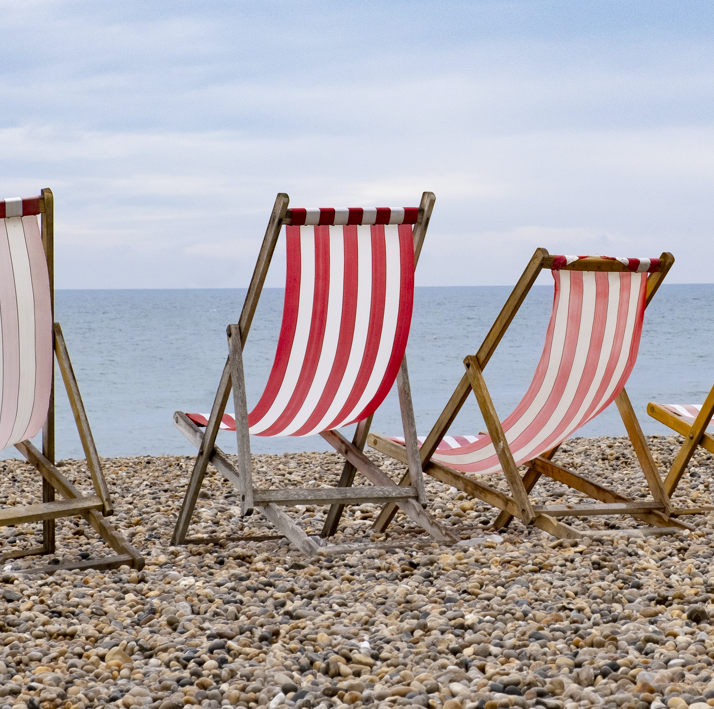


It was the Victorian era when the first holiday parks were founded, usually
just for camping and caravanning. But from these acorns, today’s sprawling countryside getaways, with
loads of entertainment and facilities, were born.
(Though for anyone who prefers more simple camping in the countryside, there’s still a lot of
options!)
Read on to learn more about the industry’s past and some intriguing parks origins...
First UK holiday park founded
Next article...
Agriculture or Tourism?
Did you know that many of today’s holiday parks actually started life as farms?
It may seem like an unusual industry shift, but with large open spaces in
desirable rural locations, perhaps it's no surprise that many farmers chose to let tourists stay on
their land.
The legacies started by farmers have been passed down through the generations. It’s why you’ll find a
lot of holiday parks are family businesses, run with the same care and pride as 100 years ago.
Generations of many families are taking the reins of holiday parks
Next article...
Timeline - Early Days
1894 - The very first UK holiday park was founded on the
Isle of Man. Though
unfortunately, this park has since closed, it paved the way for many others.
1909 - Derwent Holiday Camp was founded, which still has an operational holiday park
on-site today. Find out more in our stories section...
1950 - After WW2, there was a surge in popularity for British holiday parks. The
sheer number needed to accommodate these holidaymakers brought about a coming together of like-minded
park owners in search of support and direction. And so
the NFSO was born, which within 10 years, had over 1000 members!
1970/80s - The rise of package holidays and cheap flights abroad meant the holiday
park
industry suddenly had quite the adversary - the rest of the world…
Next article...
Timeline - The Battle for Britain
1986 - The NFSO rebranded to become the British Holiday
and
Home Parks Association or BH&HPA. And with this rebrand came a big PR push - it was
time to get Britain holidaying in Britain again!
1990s/2000s - British tourism began to gain some traction again as holiday parks
expanded their offerings to appeal to different niches.
2010 - With ‘staycation’ options including glamping, activity holidays and weekend
getaways gaining popularity, the UK’s tourism industry flourished.
2020 - Along with the rest of the nation, holiday parks were asked to close their
doors. What happens next remains to be seen…
Next article...
Holiday park stories
Over 110 Years of Happy Holidays
Castlerigg Hall Caravan and Camping Park always knew there was a history to
its park, but it took a stranger tracking their family tree to unearth quite how much!
From first opening in 1909, this holiday park has survived the wars (with a little hiding!), adapted
through different decades and been home to a lot of happy holidays. READ
MORE
Next article...
History Unearthed!
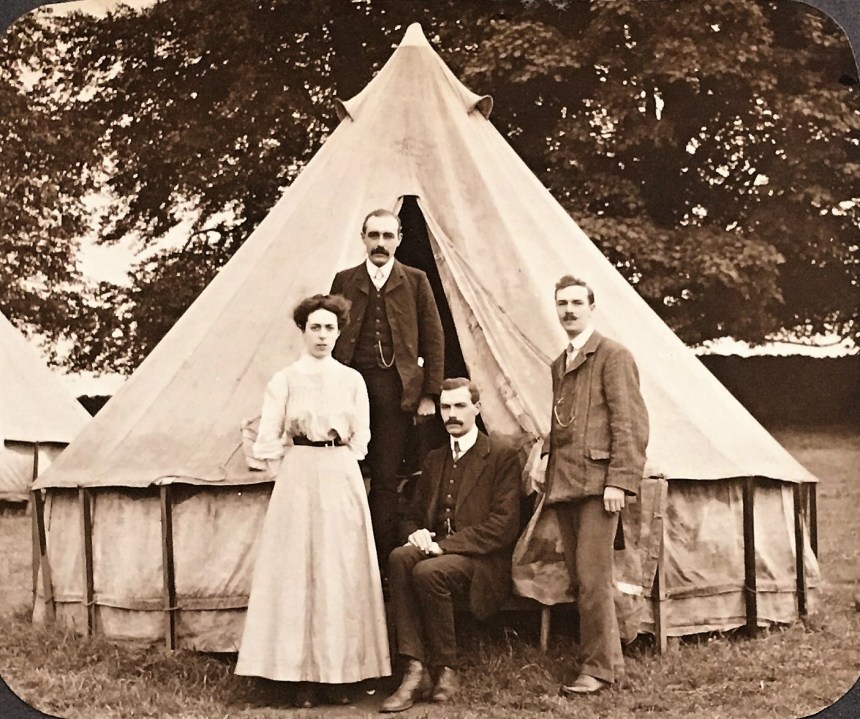
We’re sure even this family, visiting in the Edwardian era, were smiling on the inside.
At Ham Manor residential park, the koi pond was the rather lovely centrepiece of the walled gardens though nothing to write home about, or so they thought!
After it was drained, the fish pond actually revealed itself to be a rare relic from the Victorian era - a ‘wallowing pool’ used by the gentry of the time (basically, their equivalent to today’s high-tech spa pools). And according to local historians, in near perfect condition! READ MORE


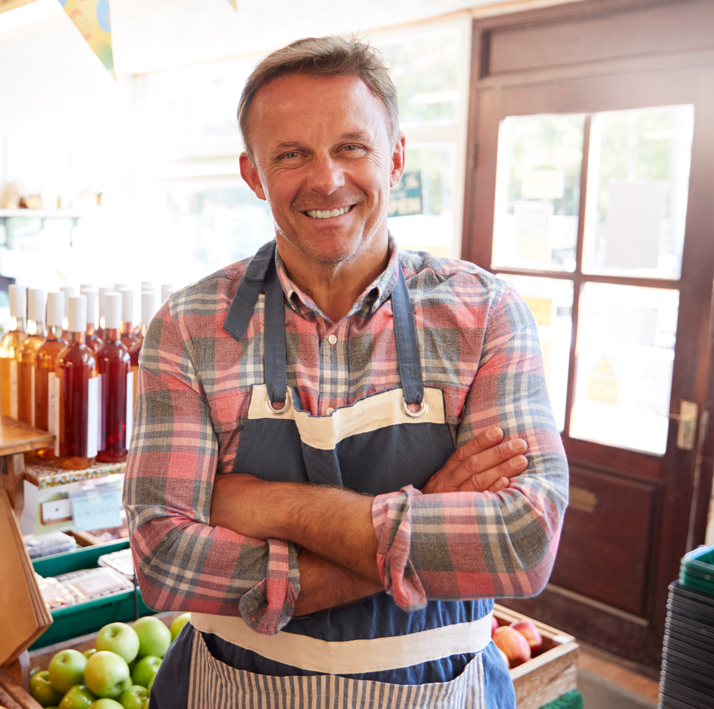


From the communities of guests and owners who go back year-on-year; the
local communities to the parks, who welcome the tourists with open arms; to the owners of the parks,
many of which are family businesses, who have grown up in the thick of it all.
This is not an industry run by shareholders, but by people. People who often have great pride in their
local areas and communities, and want to continue to support these pockets of Britain.
Next article...
An alternative type of second home
95% of holiday parks are SMEs (Small to Medium Enterprises)
This section explores how holiday parks work alongside their communities to create tourist destinations which also benefit the local people.
We’ve all heard the stories of once-lovely holiday destinations being
overtaken by
second homes which lay empty most of the year, and inflate house prices for locals.
Holiday parks provide a best-of-both-worlds solution to this. Many parks sell caravans and lodges
which
allow people to have a second home in their favourite locations, without the worry that they’re
disrupting the local community.
Though keeping house prices down is only one of the ways the Great British Holiday Park stimulates
local
economies…
Rural housing costs approximately 11 times the average rural salary, thanks to high demand for second homes, and making them unaffordable for local communities.
Next article...
Stimulating local economies
Holiday parks are often one of the cornerstones of local economies,
especially in the most remote rural areas. The influx of tourists is a main source of income for many
local businesses such as country pubs, traditional tea rooms and independent shops.
As well as this, holiday parks offer thousands of employment opportunities and training to local
communities without which many locals would simply have to move away to find jobs.
Thanks to their joint success of holiday parks and their local communities, they can also work
together
for more noble causes too…
Increasingly, holiday parks are open 11-12 months, providing local businesses with year-round custom
Next article...
Supporting charities
Holiday parks are invested in their local communities, and with that, come
local causes and heroes to get behind. Often on top of supporting larger national charities which help
so many.
Plus, it’s not just the park owners or staff. The wonderful communities built on and alongside the
parks
are all too often happy to get stuck in for a good cause. All allowing thousands of pounds to be
raised,
big gestures to be made and necessary facilities to be built.
Read on for some fantastic examples of how holiday parks have benefitted their local communities…

£22,000 raised for Breast Cancer Care! Caravan owners from seven parks in Wales worked together to create their own version of Calendar Girls this year
Next article...
Charity stories
Moss Wood Caravan Park, Lancashire, organises yearly ‘discovery days’ when
locals and guests are invited to experience and get involved with local wildlife, all to raise money
for local charities READ MORE
Warren Parc Holiday Park, Powys, recently installed a defibrillator, available to both guests and
those
from local villages. Alongside this, they hosted training sessions in vital life-saving skills for
locals. All to bring the peace-of-mind that that life-saving equipment is available, even in the heart
of the countryside (though hopefully never to be used) READ MORE
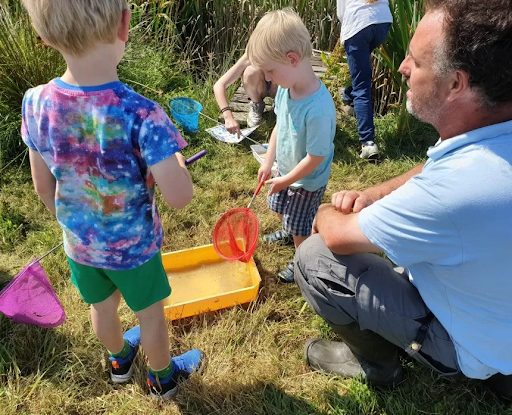
Discovery days help to connect the local community with the holiday park


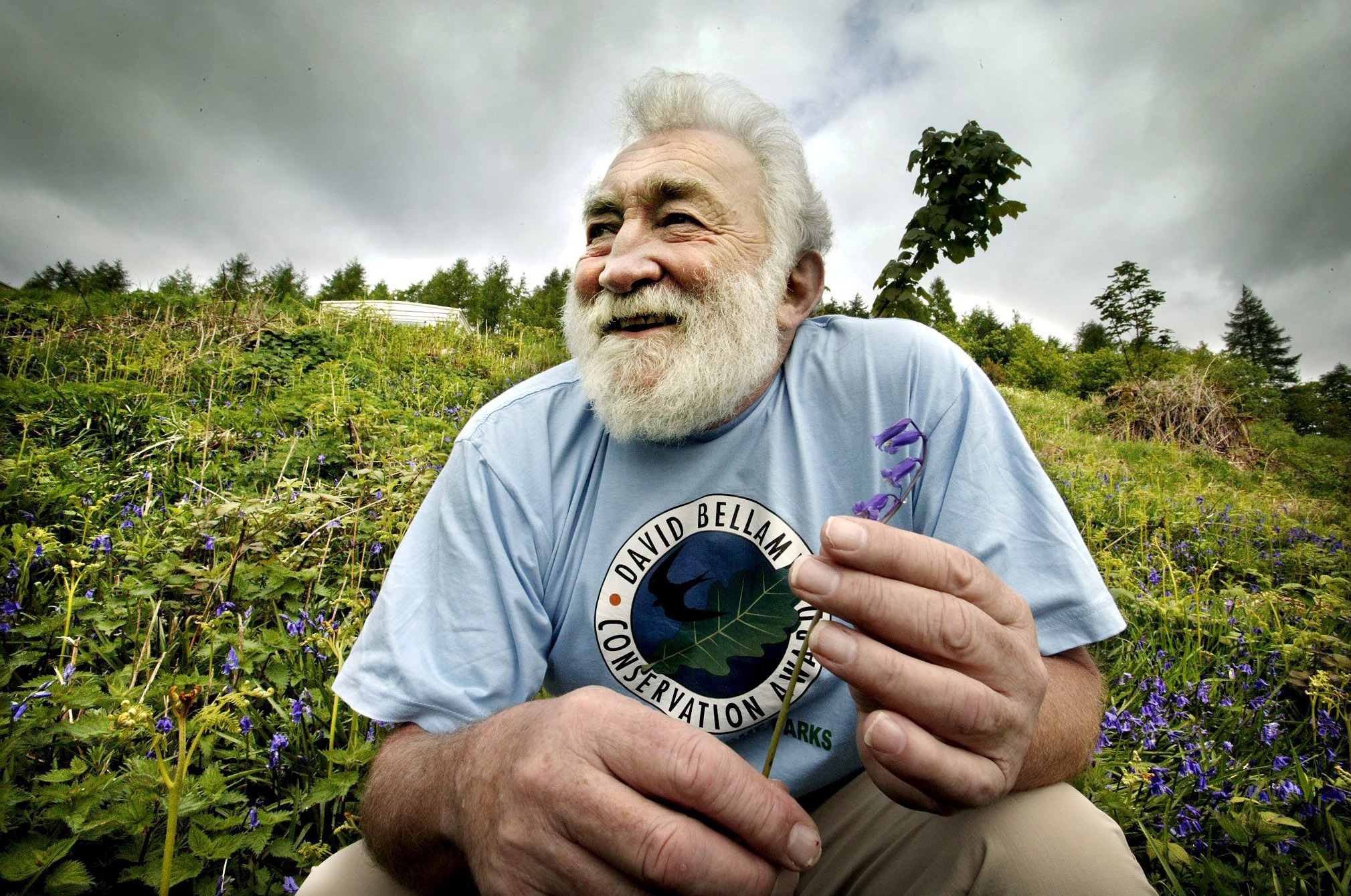


The industry has always championed the protection and preservation of the environment both on parks and in their local areas. Fundamentally, holiday parks have a real pride in their local region and want to reduce their carbon footprints, promote wildlife conversation and protect the unspoilt countryside which brings so much joy to so many.
570 holiday parks received a David Bellamy Conservation Award in 2018/19! Learn more about the awards in the next story
Next article...
The David Bellamy Conservation Awards!
The David Bellamy Conservation Awards is a holiday park awards scheme
created to promote conservation and environmental protection! David was closely associated with the
industry and even served as the president of the BH&HPA.
To achieve the awards in David’s name, parks have to take many positive steps including managing their
land as a haven for wildlife, reducing their resource consumption, recycling and reusing where
possible,
as well as supporting their local communities. Keep an eye out when you’re browsing a park’s website
to
see if they achieved the bronze, silver or gold awards - they really do highlight parks’ commitment to
the environment.
Starting in 1996, the David Bellamy Conservation Awards is one of the longest-running green tourism awards in the UK
Next article...
The Local Wildlife
Whilst holiday parks may not be working farms any longer, a lot still have
an
affinity towards animals. If you want to take your pup on holiday, you’ll be pleased to know many
parks
welcome dogs with open arms!
But it goes beyond that, many animals are either kept lovingly on-site, or encouraged to thrive in the
wild. Some of the most endangered emblems of Britain can be found at the Great British Holiday Park,
thanks to its efforts to create sustainable habitats for them.
It’s a cause close to the industry’s heart and history, but it wouldn’t be possible to support any of
these initiatives without so many people getting behind them…

You can find honeybees,deer and even red squirrels at holiday parks
Next article...
Holiday Makers Playing Their Part
Ultimately, it’s the holidaymakers who play a vital role in helping holiday
parks on this mission. Their support allows parks to put their efforts into
supporting the local wildlife, sustainability and environmental protection.
Not that many holidaymakers necessarily even realise how many green initiatives are at play - they’re
so unobtrusive! With the environment being on the holiday park radar for such a long time, the Great
British Holiday Park’s efforts are seamless. Although as you’ll see from our stories, guests can get
stuck in if they want…
Air travel is the sixth biggest carbon polluter in the world. It’s an industry which can be completely avoided by staycations.
Next article...
Stories
We’ve written about the responsibility the sector feels towards sustainability, but here are two real-world, inspirational examples by David Bellamy Gold Award winners.
Next article...
Cleaning Local Beaches
Interested in learning more? Rufus Bellamy has rounded up 20 stories from holiday parks across the nation, all supporting the environment. READ MORE
Ladram Bay Holiday Park has always put the environment first, which is why
last summer they launched the One Ton Plastic Challenge - the ambitious aim of collecting a ton of
plastic litter off the local beaches.
Sounds like a lot, doesn’t it? That’s why they welcomed guests to join their own litter-pickers in the
efforts. Something that many of the visiting children were really excited to join in with! READ MORE
Next article...
Raising a Glass to Help the Environment
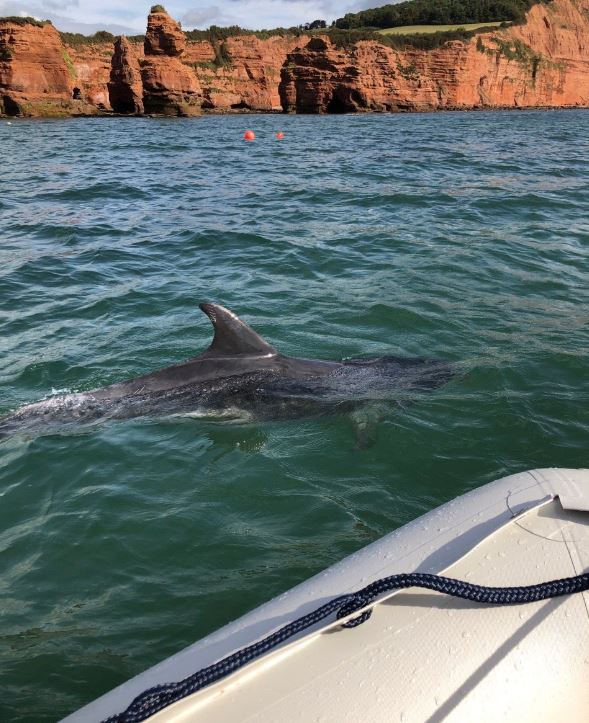
Protecting the dolphin pods often seen by Ladram Bay was part of their inspiration READ MORE
Skelwith Fold Caravan Park also decided to involve its guests in one of its
many environmental efforts to help counter the declining numbers of British honey bees. Though in a
slightly more adult-themed way - with alcohol!
The park launched its own craft brewery beer, Wild Ales, which for every bottle sold results in a
donation to the UK’s largest honey bee charity!
READ MORE
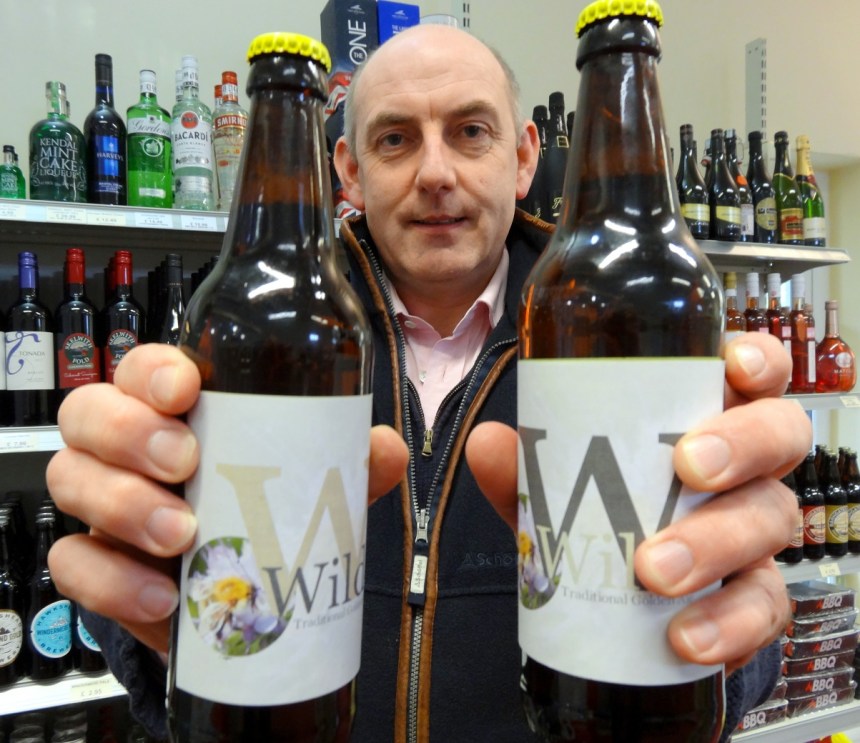
The perfect way to support the environment, all from the deck of your caravan! READ MORE


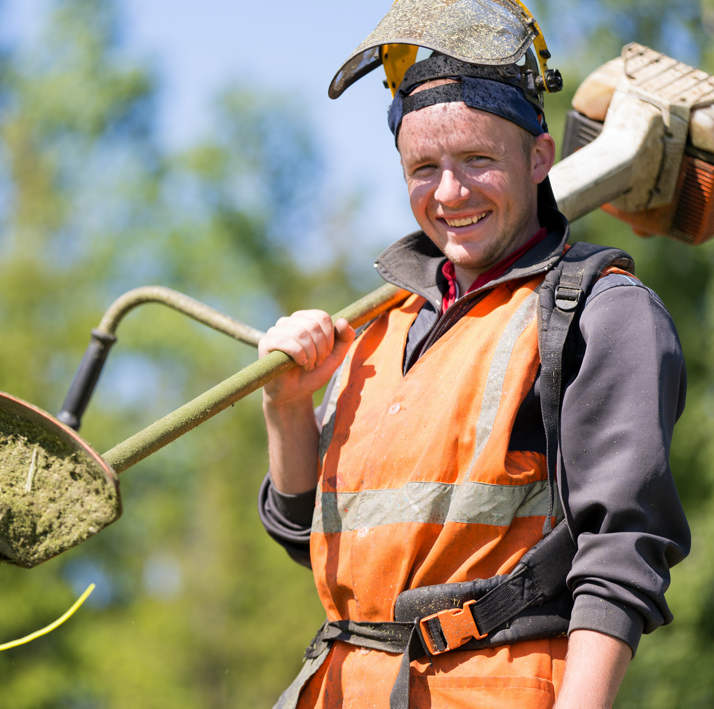


A report published last
year showed that holiday parks and campsites generate billions in visitor spending. This doesn’t
even take into account the money holiday parks themselves spend on maintenance, staff, new facilities
and more!
It’s a positive cycle - tourists are proven to stay longer and therefore spend more money at holiday
parks, because they’re having a good time! Going back year on year to relive the enjoyment, all whilst
benefiting the parks and the nation with their loyalty.
£5.3bn Gross Value Added (GVA) was generated in 2019 by holiday parks and campsites
Next article...
A vital part of tourism
Tourism is one of the fastest-growing industries in the UK, at a pace
of 3.8% every
year. Of the tourism sector, it is estimated that campsites and holiday parks make
up
8% of its GVA (Gross Value Added).
But the Great British Holiday Park really plays a vital role in countryside and coastal areas, where
many rely on tourism as their
main source of income. According to many rural MPs holiday parks can be major forces in boosting local
economic growth.
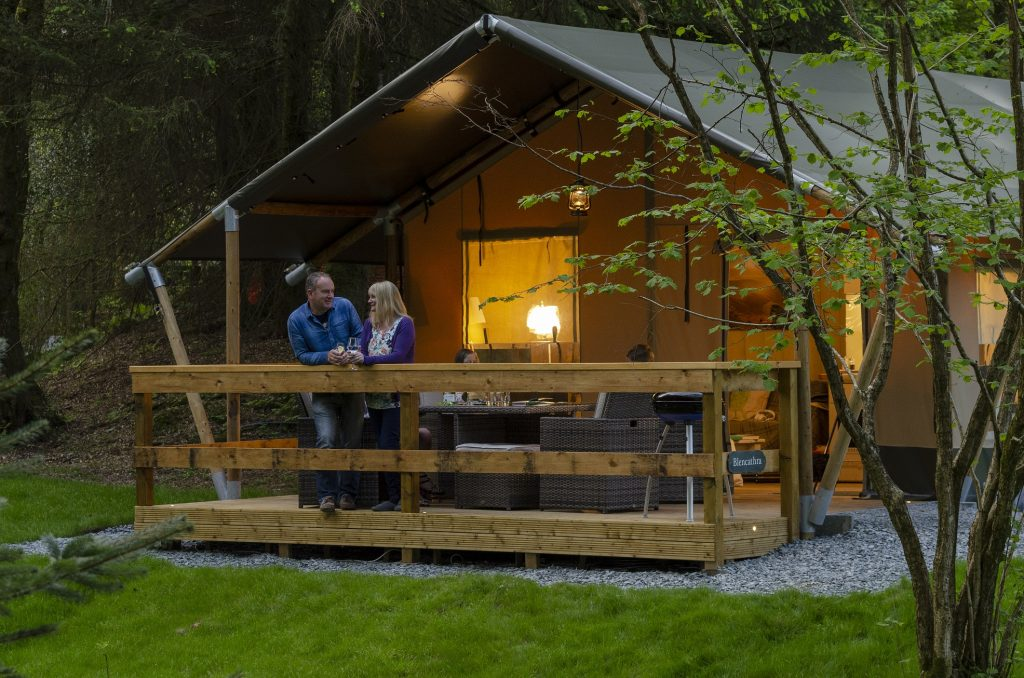
Research into the summer months of 2019, found that almost £5billion was spent in rural tourism economies by holiday park and campsite visitors READ MORE
Next article...
Holiday parks giving back to the economy
Every year, holiday parks themselves pump £300million+ back into the
economy.
The industry employs an excess of 171,000 full-time members of staff across the
country. As well as all
the seasonal and part-time roles on offer. Plus, the multi-million-pound site improvements and
constant
operational spend, give money back to manufacturing and maintenance companies.
Though unfortunately, along with the rest of the country, any momentum built over recent decades has
suddenly come to a halt…
Nearly 1 in 10 people in Wales work in tourism
Next article...
The Impact of Coronavirus
It’s no secret that during the pandemic small and local businesses have
been some of the most
at-risk economically, and with 95% of holiday parks classed as SMEs (Small-Medium Enterprises), the
industry is suffering.
Yet despite the financial strain they’re under, the vast majority of holiday parks have been in full
support of the government’s actions and lockdown. From drawing a hard line on not allowing people to
visit their second homes, to many allowing key workers to stay on site for free. These family
businesses
know how to put people above profit, and the safety of their staff, guests and local communities
always
has and always will, come first.
Visit Britain forecast the tourism sector will see £22bn loss in domestic tourism due to coronavirus.
Next article...
Going forward in 2020
There is a quiet hope that once this is over, people will want to visit
holiday parks again. The ending of lockdown could be a similar story to that of the end of the Second
World War, with people wanting to visit the countryside, the seaside, anywhere to get out of their own
homes.
However, the future is uncertain, as we’ve all learnt this year, and it will take people to rally behind
the industry now to keep it afloat until then. Fortunately, people and communities have always been the
backbone of the Great British Holiday Park.



Hopefully, this website has given you a better insight into the Great British
Holiday Park and all of the positivity it brings to the country.
It is a historic industry of hard-working communities across Britain, banding together to champion the
countryside
and the environment.
Do you want to join this community? Discover your perfect holiday park to visit after the coronavirus period.

If you would like to get in contact, please send all enquires to:
enquiries@bhhpa.org.uk. Learn more about the work the BH&HPA does
at www.bhhpa.org.uk
Discover the parks involved in the David Bellamy Conservation Awards at www.bellamyparks.co.uk
Copyright ©️ British Holiday & Home Parks Association